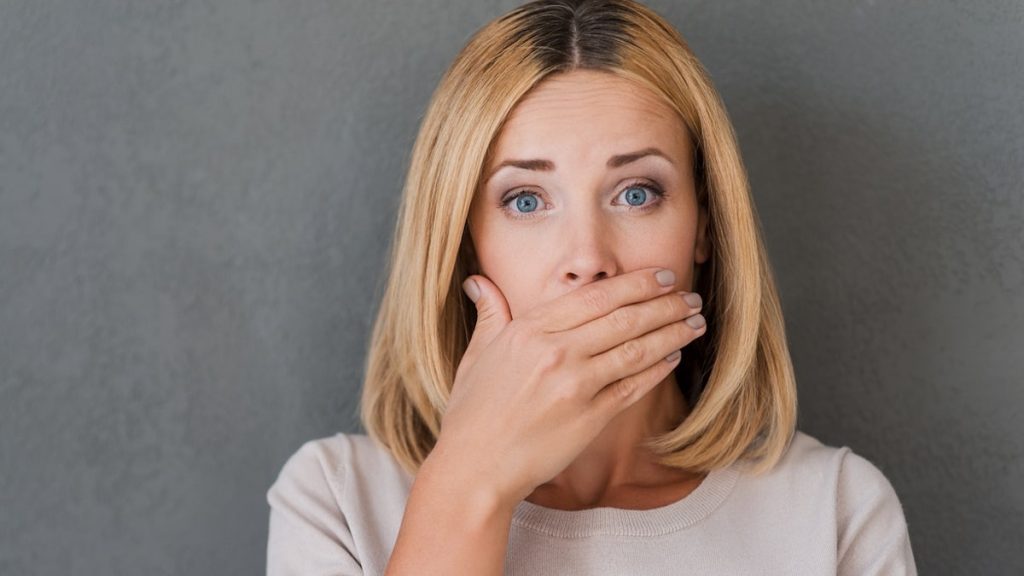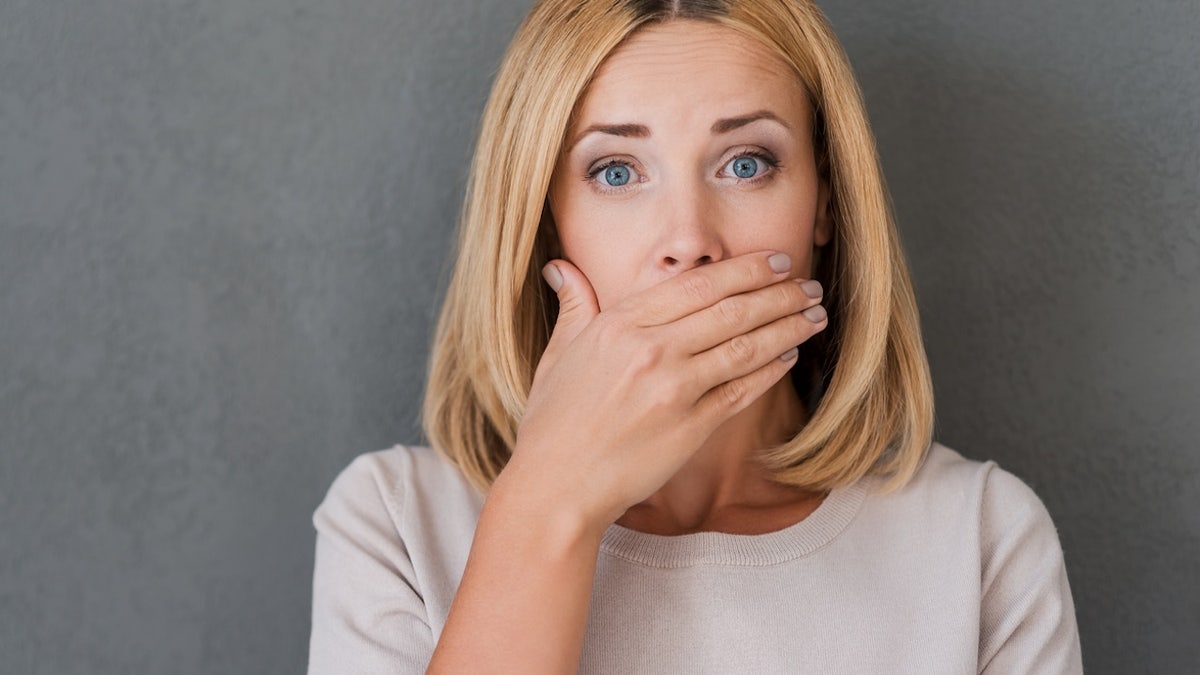
Most of us get the hiccups from time to time. While they can be annoying, they generally go away on their own before too long.
But sometimes a stubborn case of the hiccups can go on for minutes or even up to an hour. If you’re at work or in a social situation, it can be embarrassing and a nuisance.
To better understand the cause of hiccups and how to get rid of them, Fox News Digital reached out to two doctors who are experts on the condition.
ASK A DOC: ‘HOW CAN I PREVENT HIGH CHOLESTEROL?’
Here are revealing insights.
What causes hiccups?
Hiccups are an involuntary and rapid contraction of the diaphragm muscle and the muscles between the ribs that expand the lungs to breathe, followed immediately by closure of the glottis.
That’s the muscular flap that closes the airway after swallowing, said Mark Loafman, M.D., a board-certified family physician with Cook County Health in Chicago, Illinois.

Hiccups are an involuntary and rapid contraction of the diaphragm muscle and the muscles between the ribs that expand the lungs to breathe, followed immediately by closure of the glottis — the muscular flap that closes the airway after swallowing. (iStock)
“The glottis closing is what causes the ‘hic’ sound,” he told Fox News Digital.
Most hiccup episodes are short-lived and are not cause for concern, according to Loafman.
ASK A DOC: HOW SHOULD I CARE FOR MY SKIN DURING WINTER?
“Longer episodes are associated with a wide variety of conditions, ranging from benign to serious, though sometimes we never find the cause for persistent bouts of hiccups,” he said.
Some people do have a greater susceptibility than others, he noted.

One strategy to get rid of hiccups is to hold your breath as tolerated for five or even 10 seconds, a doctor said. (iStock)
“Routine hiccups are most common among older and taller men,” he said.
“There are a few theories about why that is — perhaps the long body type affects the various neuromuscular tissues involved, but no one knows for certain.”
Tips for getting rid of hiccups
While home remedies exist for hiccups, there is variable evidence on what actually works, said Natasha Bhuyan, M.D., a family doctor with One Medical in Phoenix, Arizona.
“Hiccups are essentially a reflex, so many of the remedies are trying to interrupt the signals causing the reflex,” she said. “This is why so many cures involve odd ways of drinking or eating.”

Sipping or gargling icy-cold water, biting into a lemon, swallowing a teaspoon of dry sugar or pulling on your tongue are other home remedies that the doctor suggested. (iStock)
Although there are no clinical trials on home remedies, Loafman noted that some patients have found some benefit from several of the methods.
One strategy is to hold your breath as tolerated for five or even 10 seconds, he suggested.
Another idea is to try a Valsalva maneuver, which is usually done by closing one’s mouth and pinching one’s nose shut while expelling air, per the National Institutes of Health.
ASK A DOC: ‘WHAT SHOULD I DO, OR NOT DO, PRIOR TO SURGERY?’
Sipping or gargling icy-cold water, biting into a lemon, swallowing a teaspoon of dry sugar or pulling on your tongue are other home remedies that Loafman suggested.
“Keep in mind that hiccups are most always self-limited and will stop no matter what you do, so any remedy will appear to work eventually because the hiccups stop on their own,” the doctor said.

Experts advise seeking medical attention if hiccups persist for hours at a time, are frequently recurring or interfere with basic, everyday functions. (iStock)
When it comes to the age-old tactic of “scaring someone” out of their hiccups, Loafman said that is folklore and probably doesn’t work.
“But hiccups are almost always going to stop on their own anyway, so scaring someone could appear to be effective at times,” he said.
CLICK HERE TO SIGN UP FOR OUR HEALTH NEWSLETTER
Dietary choices can also play a role in controlling hiccups, said Loafman — particularly overeating.
“If someone notices a pattern with certain foods, we would suggest making a change there as well,” he said.
When should you seek medical attention?
It’s advised to seek medical attention if hiccups persist for hours at a time, are frequently recurring or interfere with basic function, Loafman said.
CLICK HERE TO GET THE FOX NEWS APP
While hiccups are short-lasting and totally benign most of the time, persistent episodes are associated with some chronic and sometimes serious health conditions.
These can include central nervous disorders, diabetes, kidney disease and esophageal issues, per the Mayo Clinic.
A medical provider can assess the situation further.
For more Health articles, visit www.foxnews.com/health.

 Latest Breaking News Online News Portal
Latest Breaking News Online News Portal




